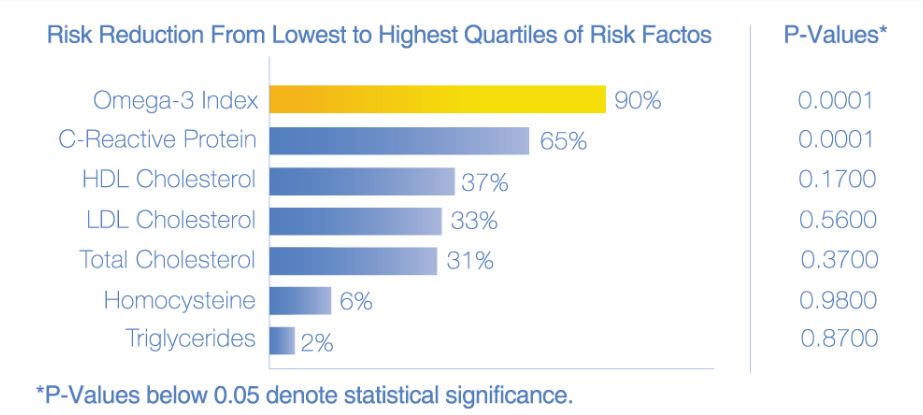MENUMENU
- Store
- ⭐ SALE ⭐
- Products
-
-
- Eldon Nutrition
- 3Re-Gi-Na
- Agenol
- Alka-C Plus
- Ascobar
- Biofer Enzy-Biotic
- Biofer High5ber
- Black Cumin Oil
- Bytox
- Flexical
- Garolive
- Ginkflo
- Gucoban Tea
- Lisante
- Loyuric
- Louri Mac
- Mamarine Omega-3 Fish Oil & Lysine Plus
- Mirtostar
- NEEPAIR
- Nuravit
- Nuracare
- Omega-3 Fish Oil DHA 350 EPA 700 Plus
- Osteogold
- Omega-3
- OptiFlax
- Probiocare
- Performix Multivitamin & Mineral
- Phyto Oat
- Rosemin C Plus
- Rosemune C Plus
- Super Green
- Soupea Omega
- S.He-Glo Jelly
- TigRex & TigRes
- TigPro
- Ubiquinol Plus
- U-Cranberry Forte & UtWELL Forte
- Vitalsure GiControl
- Vitalkids Chewable Tablets
- Vitadays Multivitamin & Mineral
- Eldon Nutrition
-
-
-
-
- Help With
-
- About Us
- Contact Us
- Product Locator
- Account






